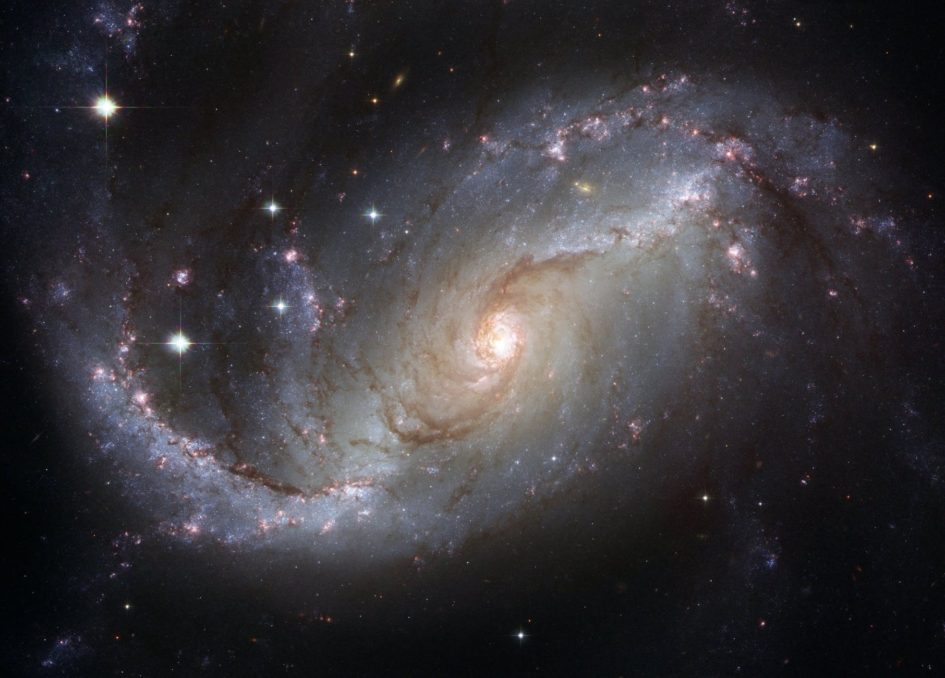The Kalām cosmological argument is a philosophical argument for the existence of God that has been defended by various Islamic, Jewish, and Christian scholars throughout history. The argument has its roots in Medieval Islamic philosophy, but it has been formulated and defended by many contemporary philosophers as well. The argument is based on the idea that the universe has a beginning and that this beginning requires a cause. This cause, according to the argument, must be God.
The Kalām cosmological argument can be formulated in three simple steps:
- Whatever begins to exist has a cause.
- The universe began to exist.
- Therefore, the universe has a cause.
Let’s examine each of these steps in more detail.
- Whatever begins to exist has a cause.
This first premise is a common-sense principle that is widely accepted. We observe in our daily lives that everything that comes into existence has a cause. For example, a building does not appear out of thin air; it is the result of human design and construction. A cake does not bake itself; it requires a baker to mix the ingredients and put it in the oven. Therefore, it is reasonable to assume that the universe, which is the sum total of all physical reality, must also have a cause.
- The universe began to exist.
The second premise of the Kalam cosmological argument is supported by both scientific and philosophical evidence. In the early 20th century, Georges Lemaître posited that the universe is not static (contrary to the steady state theory) but expanding and this was supported by Edwin Hubble’s discovery of the interstellar red shift. In the 1960s, the discovery of the cosmic microwave background radiation provided further evidence for the Big Bang theory. Therefore, it is reasonable to conclude that the universe had a beginning.
- Therefore, the universe has a cause.
If the first two premises of the Kalām cosmological argument are true, then it logically follows that the universe has a cause. This cause must be outside the universe, which would make it timeless, spaceless, and immaterial. It must also be powerful enough to create the universe out of nothing. The only being that fits these criteria is God, which is why the Kalām cosmological argument is often used as a proof for the existence of God.
Critics of the Kalām cosmological argument often object to the first premise, arguing that there could be events or objects that do not have causes. However, this objection is difficult to sustain since it goes against our everyday experience and scientific understanding of causality. Other objections include the possibility of an eternal universe or the existence of multiple universes, but these objections have also been met with counter-arguments from defenders of the Kalām cosmological argument.
In conclusion, the Kalām cosmological argument is a powerful argument for the existence of God that has been defended by many philosophers throughout history. Its logical structure and reliance on widely accepted principles make it a compelling argument for those who seek to prove the existence of God through reason and rational argumentation. However, as with all philosophical arguments, it is not without its objections and criticisms, and it continues to be a subject of debate among scholars and thinkers.
 The Libertarian Catholic
The Libertarian Catholic
















